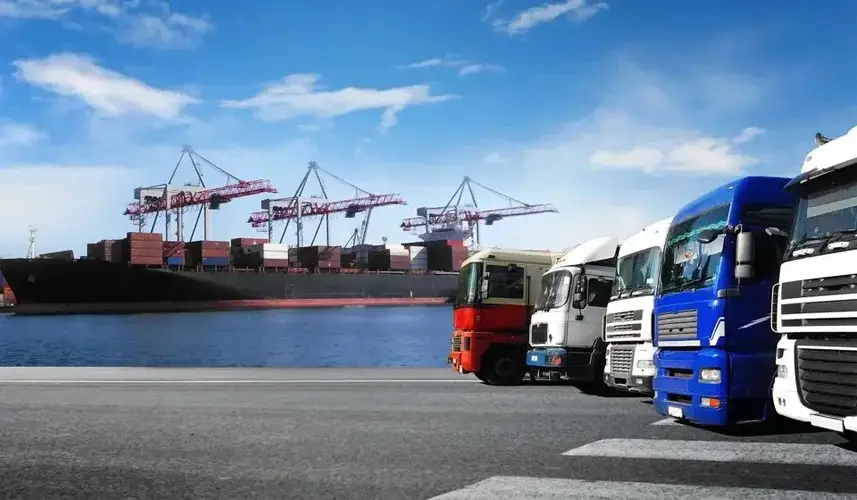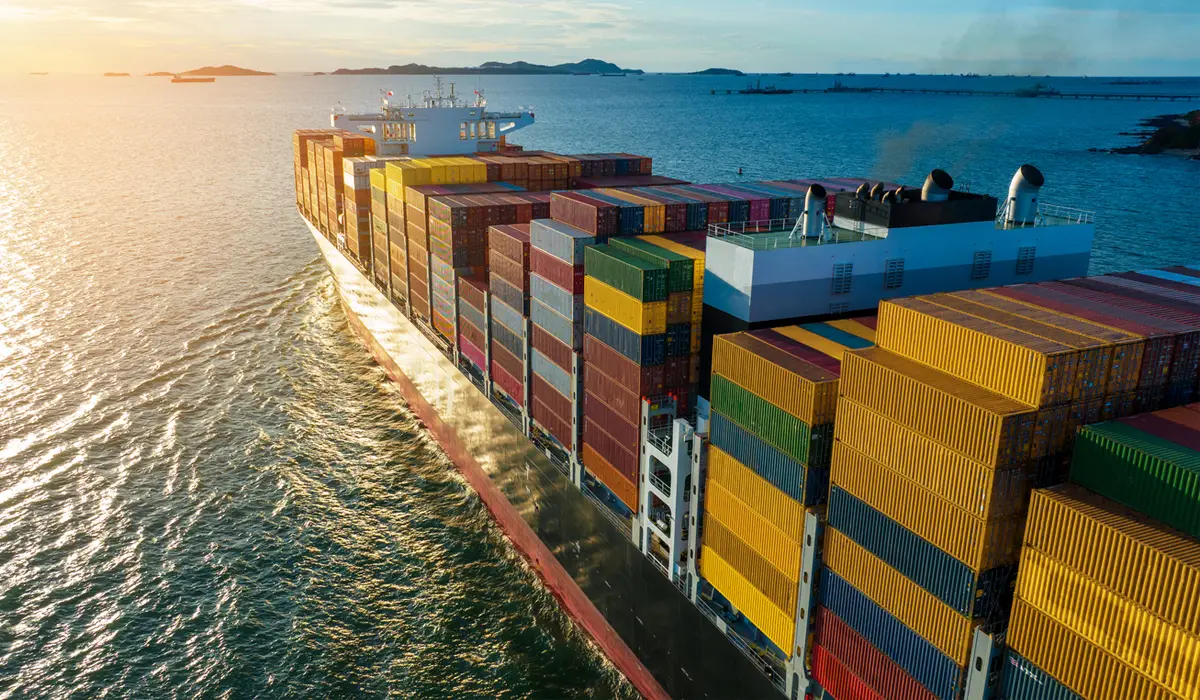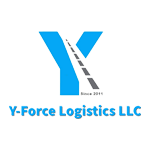
Finding Out How Digitalization Affects Modern Logistics
Driving Innovation: How Digitalization Transforms Modern Logistics
At this point in time, digital transformation in modern logistics and supply chains is not just a trend; it’s a major change in how services are provided. At Y-Force Logistics LLC, we use the latest digital tools to make things run more smoothly and provide better service. Our digital solutions are made to fit the changing needs of modern businesses. They range from advanced fleet management systems to advanced platforms for interacting with customers. Visit our services page to see all of what we can do for you, or give us a call to talk about how we can improve your logistics. Get a free quote right now, or call us at (800) 707-6575 for help right away.
Digitalization In Modern Logistics
In the fast-evolving world of logistics, digitalization in modern logistics has become a cornerstone for achieving heightened efficiency and effectiveness. The integration of advanced digital technologies not only refines operations but also propels the industry towards unprecedented levels of performance and customer satisfaction.
- Defining Digitalization: At its core, digitalization involves the adoption of digital technology to transform services or businesses. In logistics, this means implementing software and systems that automate and optimize processes that were traditionally manual and time-consuming.
- Scope of Impact: The reach of digital transformation in logistics and supply chain extends across all aspects of the industry, from automated warehousing solutions to sophisticated transport management systems, reshaping how products are stored, handled, and delivered.
Key Aspects Of Digital Transformation In Logistics And Supply Chain
The adoption of digital technology in logistics is not just about keeping up with trends; it’s a strategic imperative that enhances operational efficiency and competitive edge. Here’s a deeper look into how automation and data-driven decision making are pivotal to this transformation:
Automation And Efficiency
Automation is transforming logistics from its core, significantly enhancing efficiency and reducing manual labor through:
- Robotic Process Automation (RPA): Automates repetitive tasks such as data entry and processing, which speeds up operations and reduces errors.
- Warehouse Automation: Systems like automated storage and retrieval systems (AS/RS) and autonomous mobile robots (AMRs) streamline storage and movement of goods, which optimizes space utilization and decreases retrieval times.
- Smart Transportation Solutions: Technologies such as dynamic routing and predictive maintenance for vehicles ensure deliveries are faster and more reliable, reducing downtime and fuel costs.
Data-Driven Decision Making
Harnessing the power of data analytics is crucial for strategic logistics planning, offering insights that drive smarter, more efficient operations:
- Predictive Analytics: Uses historical data and algorithms to forecast future inventory demands, helping prevent overstocking or stockouts.
- Real-Time Data Analysis: IoT devices provide real-time data from across the supply chain, allowing for on-the-fly adjustments to operations, such as rerouting shipments to avoid delays or disruptions.
- Customer Insights: Advanced analytics tools analyze customer behavior and preferences to tailor logistics services, enhancing customer satisfaction and retention.
These aspects of digital transformation in logistics and supply chains not only streamline operations but also provide a foundation for innovation and continual improvement, ensuring businesses can adapt and thrive in an increasingly digital world.
Technological Innovations Reshaping The Industry
Rapid technological advancements are at the core of the logistics sector’s transformation.
- AI and Machine Learning in Logistics: Artificial intelligence and machine learning are not just buzzwords but are tools that enhance logistic operations, from predictive analytics in inventory management to automated customer service interfaces.
- IoT and Its Impacts on Logistics: The Internet of Things (IoT) offers a network of connected devices that communicate real-time data, which helps in tracking assets and managing the supply chain with greater transparency and efficiency.

Benefits Of Digital Transformation In Transportation
Digital transformation is revolutionizing the transportation sector within logistics, making operations more efficient and elevating the customer service experience. Here’s a detailed look at how digital tools are making a significant impact:
Improved Fleet Management
Digital tools are essential for modernizing fleet operations, leading to substantial improvements in efficiency and cost-effectiveness.
- Route Optimization: Advanced GPS and mapping technologies allow for real-time route planning, considering factors like traffic, weather, and road conditions to determine the most efficient paths.
- Vehicle Telematics: Utilizing sensors and onboard diagnostics, fleet managers can monitor vehicle health, track fuel consumption, and predict maintenance needs, preventing breakdowns and prolonging vehicle life.
- Automated Dispatch and Scheduling: Digital systems automate the coordination of vehicles and deliveries, improving turnaround times and reducing idle times.
Enhanced Customer Experience
Digital platforms transform how logistics companies interact with customers, significantly enhancing service delivery:
- Real-Time Tracking: Customers can view the exact location of their shipments in real time, providing transparency and improving trust.
- Personalized Service Options: Digital interfaces allow customers to choose delivery slots, select specific handling requirements, and make adjustments as needed, offering a more personalized service.
- Automated Notifications and Alerts: Through SMS and email, customers receive updates about their shipment’s status, expected delivery times, and any potential delays, keeping them informed every step of the way.
These benefits showcase how digital transformation in transportation not only optimizes internal operations but also significantly enhances the overall customer experience, creating a more connected and responsive supply chain.
Y-Force Logistics LLC: Pioneering Digital Solutions
We at Y-Force Logistics LLC pride ourselves on being at the forefront of adopting digital innovations that drive efficiency and growth.
- Our Digital Tools and Platforms: We employ a suite of state-of-the-art technologies, from advanced GPS tracking systems to customer relationship management (CRM) software, ensuring that our operations are as efficient and effective as possible.
- Success Stories: Our commitment to digital excellence is demonstrated through our numerous client success stories, where we have significantly reduced costs and improved delivery times through tailored digital solutions.
Embrace The Future Of Logistics With Y Force Digital Solutions
As we continue to lead in the digital transformation in transportation, Y-Force Logistics LLC remains committed to providing innovative and efficient logistics solutions. Whether you are looking to optimize your supply chain, reduce costs, or improve service delivery, our digital tools and experienced team are ready to assist. Learn more about our specialized third-party logistics services and see how we can help future-proof your logistics strategy. For personalized service and to discuss your specific needs, visit our contact page or call us at (800) 707-6575. Let us help you navigate the complexities of modern logistics with our comprehensive digital solutions.

